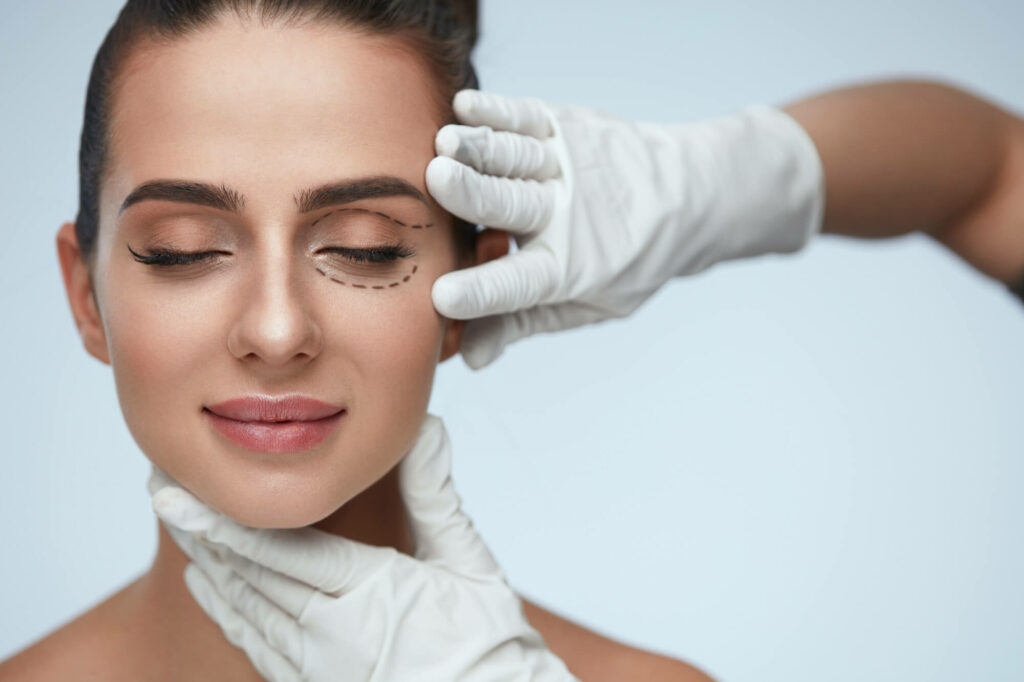Cosmetic surgery is a medical procedure aimed at improving a person’s appearance by altering a part of their body. While some people opt for cosmetic surgery for purely aesthetic reasons, others do so in the hope of improving their mental well-being. Rhinoplasty London can also address functional issues such as breathing difficulties or deformities caused by injury or medical conditions. There are different ways in which cosmetic surgery can influence mental well-being.
Improved Self-Esteem
One of the main reasons people seek cosmetic surgery is to improve their self-esteem. People with issues such as prominent noses, small breasts or an uneven complexion may feel self-conscious about their appearance, leading to low self-esteem Cosmetic surgery has become an increasingly popular option for people who want to improve their self-esteem and self-confidence. Many people who undergo cosmetic surgery do so in order to improve a physical feature that has long bothered them or that has impacted their self-image. For example, someone who has always been self-conscious about the size or shape of their nose may choose to undergo a rhinoplasty to correct it.
The change in their physical appearance often translates to a boost in self-esteem and self-confidence, leading them to feel more comfortable and confident in their daily lives. Additionally, the positive reinforcement from friends, family, and partners can also contribute to an overall improvement in self-esteem. Cosmetic surgery has allowed many individuals to overcome their insecurities and achieve a more positive self-image, leading to a more fulfilling and enjoyable life.
Relief from Body Dysmorphia
Cosmetic surgery can provide relief for individuals suffering from body dysmorphia. Body dysmorphia is a mental health disorder that causes individuals to obsess over perceived physical imperfections. This can lead to low self-esteem, anxiety, and depression. Often, these individuals turn to cosmetic surgery as a solution to improve their appearance and boost their confidence. The surgical procedure can correct the perceived imperfection and give the individual a sense of control over their appearance. While cosmetic surgery may not cure body dysmorphia, it can alleviate the symptoms and lead to improved mental health outcomes. It is important, however, that individuals seek counselling and support to address the underlying issues causing their body dysmorphia.
Reduction of Social Anxiety
People who are unhappy with their appearance may feel anxious in social situations, thinking others judge them based on their looks. Social anxiety is a condition that can have a significant impact on an individual’s social life and self-esteem. Many people with social anxiety may struggle with feelings of self-consciousness, which could be related to their physical appearance. Cosmetic surgery has been known to help alleviate social anxiety by improving a person’s physical appearance and boosting their self-confidence. Individuals who undergo cosmetic procedures may feel better about themselves and appear more confident in social situations, leading to increased feelings of not being judged negatively.
Although cosmetic surgery is not a cure for social anxiety, it can undoubtedly help individuals feel more comfortable in their skin and reduce anxiety related to their appearance. However, it is essential to note that cosmetic surgery should not be the sole means for reducing social anxiety, and individuals who undergo these procedures must also seek other forms of treatment to address the underlying mental health disorder.
Sense of Control
Cosmetic surgery has often been associated with a person’s sense of control over their body and their life. Patients seeking cosmetic treatments may feel in control by being able to manipulate their physical appearance, which can create a sense of empowerment and boost their overall self-confidence. Furthermore, people who undergo cosmetic procedures often report feeling more in control of their lives post-surgery, which can lead to positive personal and professional outcomes. However, it is important to note that cosmetic surgery alone cannot guarantee an improved sense of control or self-esteem, as it should be coupled with a realistic understanding of the limitations of the procedure and an awareness of the underlying psychological factors driving the desire for cosmetic changes.
Improved Quality of Life
Cosmetic surgery has become increasingly popular in recent years, and it has brought about an improvement in the quality of life for many people who undergo such procedures. These surgeries enable people to enhance their physical appearance, helping them to become more confident in social situations, thus leading to an overall improvement in their mental and emotional well-being. Cosmetic surgery has also been known to help people who have suffered from physical deformities, accidents, and medical conditions such as breast cancer. By undergoing surgeries, they can regain their sense of self-esteem and improve their quality of life. In conclusion, cosmetic surgery has had a positive impact on the lives of many people, enabling them to become more confident, self-assured, and content with their physical appearance, leading to an improved quality of life.
Conclusion
Cosmetic surgery can have a positive impact on a person’s mental well-being by improving their self-esteem, reducing anxiety and depression, addressing body dysmorphia, and improving their quality of life. While cosmetic surgery is not a cure-all for mental health issues, it can be an effective tool for improving a person’s overall mental well-being. Consult with a licensed and qualified cosmetic surgeon if you’re considering cosmetic surgery to address any cosmetic concerns you may have.
You may also like
-
Effortless Pigmentation Mark Removal: Exploring the Benefits of Yellow Laser Treatment
-
Pelvic Mesh Implants: What You Should Know About Potential Side Effects
-
How to Recover From a Foot Injury
-
Finding Balance: 7 Stores Offering the Best Traditional Chinese Medicine for Stress Relief
-
Sildisoft 100 and Valentine’s: Crafting Moments of Love

